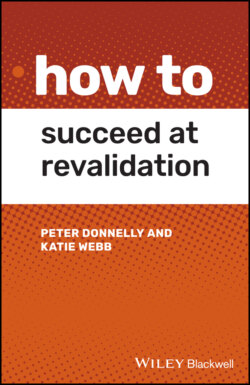Читать книгу How to Succeed at Revalidation - Peter Donnelly - Страница 15
Physicians
ОглавлениеThe oldest medical organization in the UK was the RCP in London who received the Royal Charter in 1518. It is important to understand that at that time, the scope of practice of a Physician is most similar to what we would now consider to be exclusively internal medicine. Fellows of the Royal College had to practice within strict limitations and, for example, they could not belong to any other medical organization. Neither could they practice surgery or act as an apothecary. This meant Fellows were prohibited from making or selling medicines even to their own patients. There was a requirement for a Fellow of the Royal College to act only as a pure physician examining, diagnosing and prescribing medication which was then dispensed by the apothecary. The rules were such that if a Physician decided to start practicing surgery or dispensing drugs, he had to resign his Fellowship or face expulsion. The RCP fought hard to maintain the distinction between Physicians and other orders of practitioners such as surgeons and apothecaries.
What really set the RCP apart from the other two orders of medical practitioners was that they restricted the offering of Fellowship to those individuals with university degrees. However, in terms of scale, the number of physicians was small. In 1800 there were a total of 179 Fellows in England; by 1847 this number had grown to 683. Of these, 76 resided in London, showing that over this period of time the influence of the RCP, which essentially started life as a London‐only organization, had spread to medical practitioners across England. Having said that, the RCP represented less than 5% of all medical practitioners in England by the mid‐1800s.
